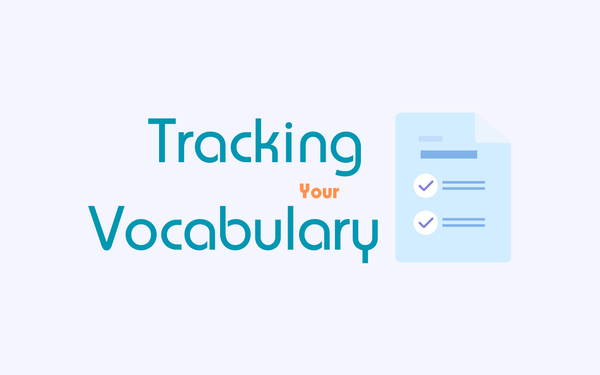Guide to Understand and Improve Your Reading Ability
In this article, we'll explore some practical and effective ways to boost your reading skills and make the most out of your reading experience.

Reading is a fundamental skill that opens up a world of knowledge and opportunities. However, not everyone finds reading an easy task. Whether you're a student trying to keep up with your coursework, a professional looking to expand your horizons, or simply someone who wants to enjoy a good book, improving your reading skills can make a significant difference.
In this article, we'll explore some practical and effective ways to boost your reading skills and make the most out of your reading experience.
Understanding the Basics:
Before we dive into the strategies for improving your reading skills, it's essential to understand what reading is and what makes it challenging for some people. Reading is the process of decoding written symbols (letters and words) and converting them into meaning. It involves several components, including phonics, fluency, vocabulary, comprehension, and background knowledge.
Why is it important to improve reading skills?
Improving your reading skills can benefit you in various ways. It can help you:
- Improve your academic performance
- Understand complex ideas and concepts
- Expand your vocabulary
- Enhance your critical thinking skills
- Boost your creativity and imagination
- Reduce stress and improve mental health
- Enhance your communication skills
- Increase your knowledge and information
Strategies for Improving Reading Skills:
1. Set realistic goals:
Setting clear and achievable goals can help you stay motivated and focused on improving your reading skills. Start by identifying your strengths and weaknesses and setting specific, measurable, and attainable goals. For example, you could aim to read for a certain amount of time each day, increase your reading speed, or improve your comprehension of complex texts.
2. Choose the right materials:
Choosing the right materials for your reading level and interests can make a significant difference in your reading experience. Start with texts that are at an appropriate level for your current reading ability, and gradually challenge yourself with more complex materials as your skills improve. Reading materials can include books, articles, blogs, news, and academic texts.
3. Practice active reading:
Active reading involves engaging with the text in a meaningful way, rather than just passively reading the words. Some active reading strategies include:
Previewing the text: Before you start reading, take a few minutes to look at the title, subheadings, illustrations, and table of contents to get an idea of what the text is about.
Setting purposes: Identify the reason for reading the text and what you hope to learn from it.
Asking questions: As you read, ask yourself questions about the text to help you understand the main ideas and key concepts.
Making connections: Relate the text to your prior knowledge and experiences, and make connections between different ideas and concepts.
Summarizing and paraphrasing: Summarize the main ideas and key concepts in your own words, and paraphrase complex sentences to improve your comprehension.
Taking notes: Take notes as you read to help you remember important information and ideas.
4. Read aloud:
Reading aloud can help you improve your fluency, pronunciation, and comprehension. You can practice reading aloud to yourself, or with a friend or family member. You can also listen to audiobooks or recordings of texts to improve your listening skills and expand your vocabulary.
5. Increase your exposure to new words:
Learning new words is an essential part of improving your reading skills. You can increase your exposure to new words by:
- Reading texts with a high level of vocabulary
- Using a dictionary or thesaurus to look up unfamiliar words
- Creating flashcards or mnemonics to help you remember new words
- Practicing using new words in context
6. Practice reading regularly:
Regular practice is essential for improving your reading skills. Set aside time each day for reading, even if it's just for a few minutes. Consistent practice will help you build your reading stamina and improve your overall reading ability.
7. Seek help and support:
If you're struggling with your reading skills, don't hesitate to seek help and support. You can:
- Talk to your teacher or professor for academic support
- Join a reading group or book club to discuss texts with others
- Use online resources and tools to improve your skills
- Consult a reading specialist or tutor for personalized guidance
Improving your reading skills can be a rewarding and enriching experience. By setting realistic goals, choosing the right materials, practicing active reading, reading aloud, increasing your exposure to new words, and seeking help and support when needed, you can boost your reading ability and make the most out of your reading experience.
Remember, reading is a skill that can be developed with practice and dedication, so keep at it, and you'll soon see the benefits!




